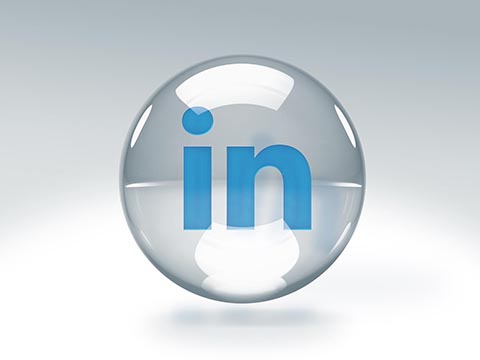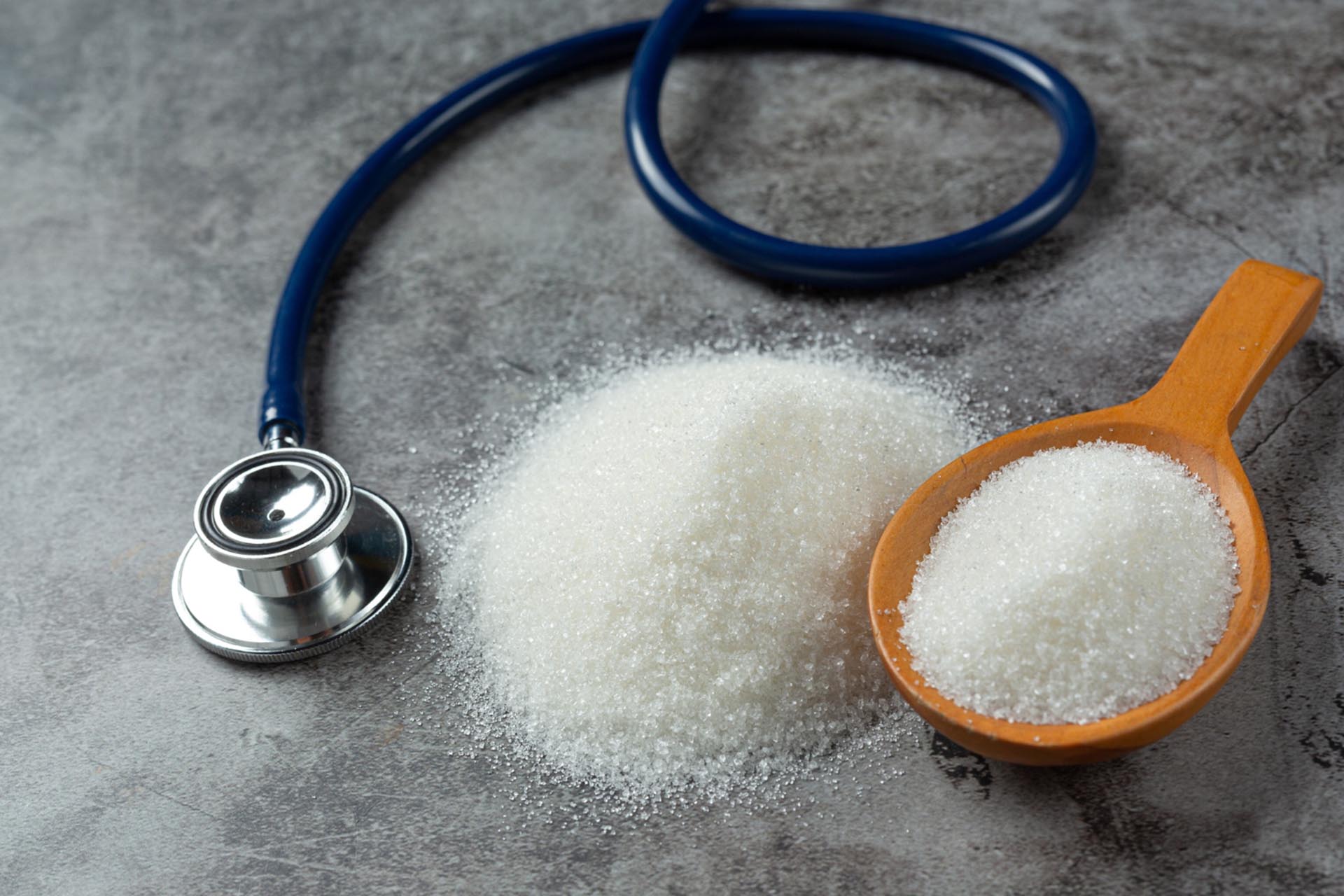
MD, ScD, Professor Dušan Vešović is on LinkedIn

The average American consumes 22 teaspoons of added sugar per day. This amount of sugar brings a person about 350 (unnecessary) calories per day.
Added sugars include sweeteners you add to food, such as white (table) sugar, brown sugar, honey, but also artificial sweeteners made from high fructose corn syrup. Added sugars contain calories but no nutrients. These extra empty calories, in addition to affecting body weight and increasing the chances of developing diabetes, also affect cholesterol levels.,/p>
Sweet food affects the liver, which produces cholesterol. It is important to understand that your body needs cholesterol to function properly and that it is one of the key components your body needs to build new cells, as well as most hormones. There are two types of cholesterol:
- **Low-density lipoprotein (LDL) cholesterol**: When you have high levels of this "bad" cholesterol, it can build up in the walls of your arteries, causing them to narrow and even clog. This increases the chances of a heart attack or stroke.
- **High-density lipoprotein cholesterol (HDL)**: This is the "good" cholesterol. It collects all excess LDL cholesterol from the bloodstream, carries it back to the liver, which then removes it from the body. Therefore, a good level of HDL also reduces the chances of developing heart disease. When you eat too much sugar, your liver produces more LDL while reducing the amount of HDL in your body.
Also, extra calories from sugary foods increase triglyceride levels. They are stored in fat cells and released between meals when your body needs more energy. Sugar also blocks an enzyme your body needs to break down triglycerides and remove them. When you have high triglycerides along with high LDL and low HDL, the combination can lead to fatty deposits in the arteries and increase your chances of developing heart disease, heart attack, or stroke.
Sweet foods can be problematic, not only for cholesterol levels, but also for general health. Limiting or eliminating sugar from your diet will help you cut down on empty calories, but it can also help you maintain a healthy weight. Maintaining a healthy body weight is not only important for the shape of your body, but has a positive effect on all organ systems of your body (heart, blood vessels, nervous system, endocrine system, bones and joints...).
If you want to reduce your sugar intake, you should:
- limit or completely eliminate food with added sugar (such as sweets, industrial ice cream, cakes, biscuits...),
- eliminate sweetened carbonated drinks and juices from your diet,
- replace refined carbohydrates such as white bread and pasta with foods made from wholemeal flour,
- reduce the consumption of alcoholic beverages,
- carefully read the labels on the products you buy in supermarkets,
- choose foods with a low glycemic index, which do not significantly raise the blood sugar level,
- have regular physical activity that will help you burn the extra calories you have taken in from the sugar in your food.
If you're not sure how to start cutting back on sugar, ask your doctor or nutritionist for help.
High cholesterol does not cause any symptoms. Contact your doctor who, after an examination and discussion with you, will recommend a panel of biochemical parameters to be done from the blood, which will also include fat. If you are diagnosed with high cholesterol, your doctor will advise you on how to change your diet and lifestyle. If these measures do not lead to the desired results, the doctor will prescribe appropriate drugs that will lower the value of fat in the blood and thus have a beneficial effect in terms of preventing diseases of the heart and blood vessels.